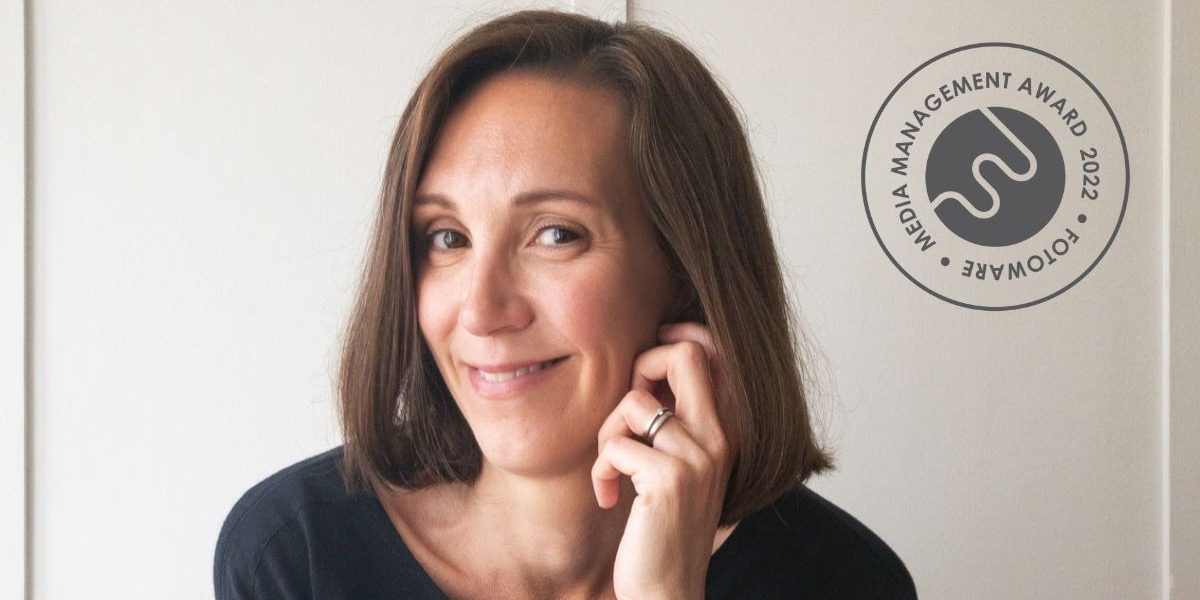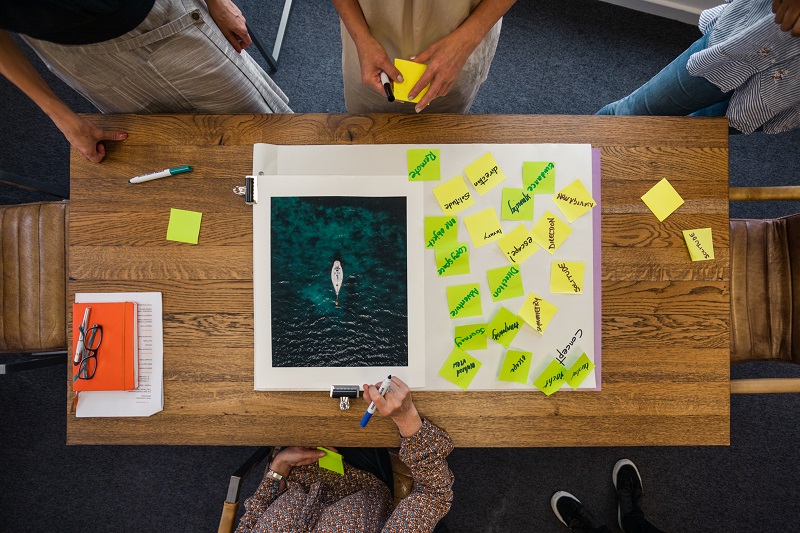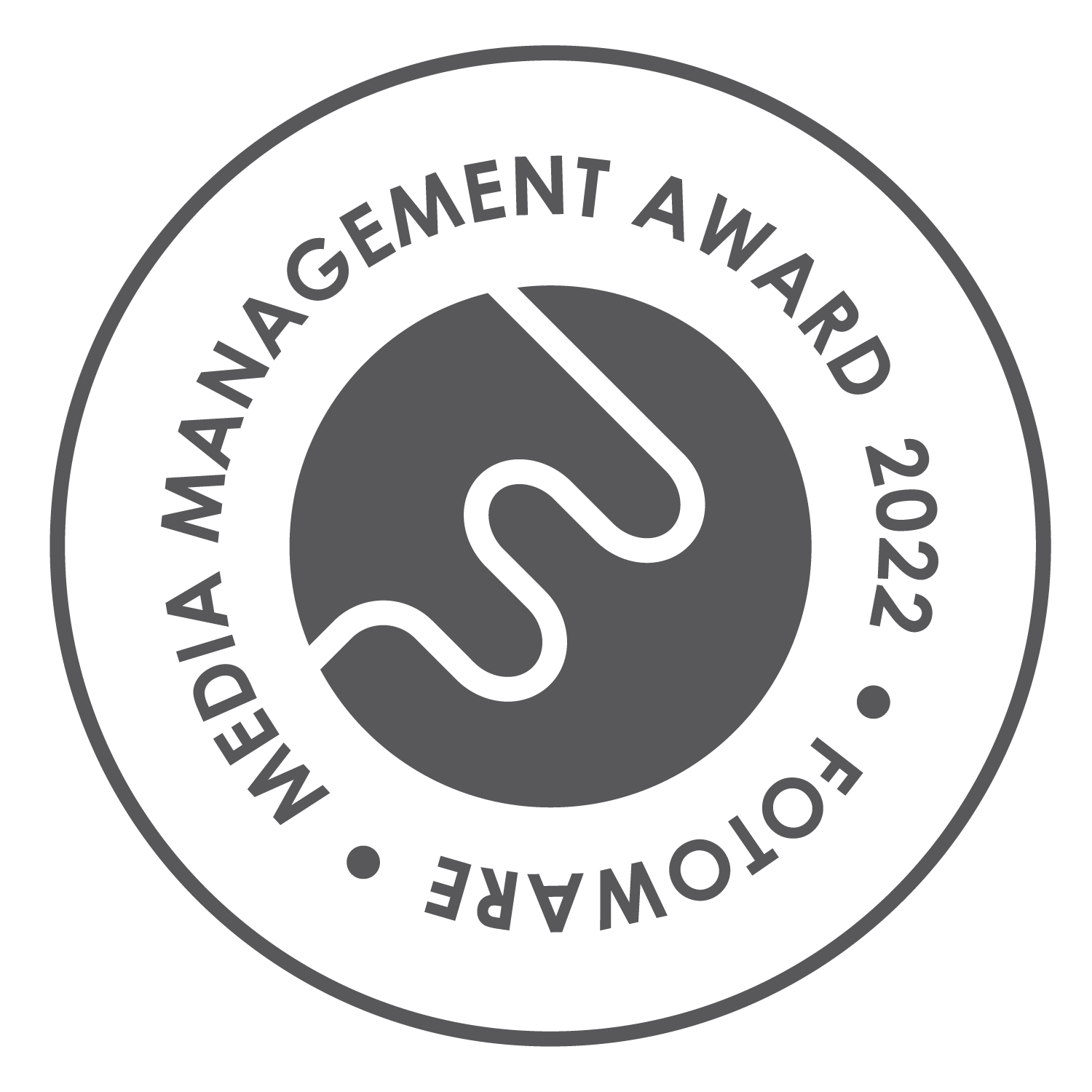
MMA 2022 Jury Clemency Wright
How to Find the Right Keywords for Your Business
Clemency Wright is a Keywording Consultant helping creative businesses optimize access and visibility to digital content online using strategic Keywording methodologies.
Clemency trained as a Keyworder at Getty Images in 2001, before becoming a Search Vocabulary Editor responsible for creating and editing Getty’s vocabulary of Keywords powering the customer website.
In her customer-facing role at V&A Images, Clemency managed design and advertising customer accounts, and advised upon Keywording methodology for the V&A Images online collection.
Clemency blends Keywording expertise for both commercial and non-profit organizations. Clients include Save The Children and The National Gallery, professional photographic bodies, independent creatives and stock photo agencies. She provides Keywording services as well as Controlled Vocabulary and Metadata consultancy.
This year, we are lucky to have Clemency on the jury team for the Media Management Award. We caught up with her to hear more about the world of keyword consulting, why this matters to organizations, and how the Fotoware Media Management Award contributes.
What is keywording consulting?
Ultimately, my role is to help organizations optimize their metadata. I make sure the information attached to digital assets stored within a search system or database is done properly; this includes ensuring the correct tags and relevant keywords are consistently assigned, as well as making sure the metadata fields are configured for maximum usability and accessibility.
Consultations are bespoke and typically include discovery, diagnostic and recommendation phases. The process is designed to ensure that relevant content is found quickly and easily, saving organizations' a lot of time and money.

Photo by Clemency Wright
Why did you decide to become a keywording consultant?
It was not a conscious decision however I am lucky to have fallen into a job I love! Originally I trained as a Keyworder for Getty Images and developed a huge interest in search vocabulary. I worked on the Getty controlled vocabulary in the backend of their website before moving to the V&A Museum, where I advised on their Keywording methodology. Having relocated from London to the North East of England, I started freelancing as a Keyworder and the Keywording Consultancy business grew as a direct response to growing demand. I have been running the business full-time since 2013.
What kind of customers did you work with?
It excites me to know that my work applies to all sorts of different sectors and client types, so you never quite know where the next request will come from. The common theme tends to be this issue with search; clients cannot find what they need or they don’t know how to organize and classify their content in the most effective way. The Consultancy process is actually very similar across the board but the clients I work with are diverse, which I find extremely satisfying.
I have worked with the non-profit and charity sector, book publishing, online learning platforms, specialist collections and archives, galleries and museums, universities, corporate businesses and online retailers.
The nature of my work is that it is a process as opposed to a project. This means, a client may often come back for updates later on down the line if something changes, for example, they acquire a new company or their content collection undergoes significant change. So a part of my work is to help manage that change and adapt the Keywording methodology as necessary.
One such example is the work I do with Save The Children, that started out as a one-off project to build a “Controlled Vocabulary” of terminology for their specific collection, so that staff could tag images and videos. Over time of course, the content changes and is updated, as new situations and events arise, and so the CV needed to be reviewed and edited. I am currently undertaking this work as part of a longer-term contract with Save The Children, alongside my other clients. I consider it a ‘success’ to be invited back to continue this work. In addition, Save The Children is one of two clients I have done Maternity Leave cover for in the last few years; covering the role of Digital Asset Managers in both cases.

Photo by Clemency Wright
Why is it important for organizations to use the right keywords?
This is a great question, and in fact, leads me to ask, what are the “right” keywords?!
Keywords are the main way for users and customers to find content. Without keywords, there is a lot of guesswork, inconsistency, frustration, wasted time (and therefore money) as well as increased frustration and a decline in trust.
This all impacts on the bottom line of a business, and can be easily prevented through a keywording consultation process to identify the underlying causes for search-related issues.
It is not my job to tell clients what keywords to add – in order to make any recommendations, I first need to understand the relevant language for my clients. Only then can we begin to translate this into a recommended controlled vocabulary and work out how to configure everything for optimized search relevance.
Ultimately, there are no “right” or “wrong” keywords, but investing in keyword optimization benefits businesses both in terms of usability, as well as from a financial perspective.
— "If an image can't be found it can't be sold. With so much competition, online retailers need to be at the top of their game to ensure their products gain exposure and visibility"
How organizations can efficiently manage their digital assets in the digital era where the volume of content is growing exponentially?
The key skills for this line of work are resourcefulness and creative thinking. Without these, the world of Digital Asset Management (DAM) can quickly become overwhelming and costly.
The majority of large organizations implement a DAM system as a way to manage content. However, this is not across the board. I have worked with one client for 14 years who does not have a DAM system, and all of the Keywording is done in Excel!
This particular client is a leading provider of scientific visual content where the metadata is so complex and specialized, drawing on information from a variety of external sources in various formats, that in actual fact, it is more reliable for them to manage content discretely. Science experts oversee the metadata, video experts manage the editing and production quality side of things, and I optimize the Keywords according to their site’s SEO requirements.
This is admittedly unusual, however I never rule out the possibility of managing content without a DAM in place. My primary focus is on maximizing resources and minimizing costs. This is why I look for opportunities to “upcycle” or adapt existing technologies first wherever possible, before signing clients up to a long-term DAM solution that may ultimately prove unfit for purpose. I also believe strongly that the discovery and diagnostics phase on my Consultancy increases the potential to work with what’s already in place – not only does this save money, it has the added benefit of developing a Blueprint strategy that can feasibly work across existing systems, as well as new DAMs in the future.
Once the principles are in place, and guidelines and training are provided, clients are often surprised at how quickly they begin to see improvements within their content management.

Photo by Clemency Wright
Why should organizations apply for Media Management Award?
It is true that we all face our own unique challenges when it comes to managing content. Applying for this Award will provide an opportunity to share your experience with like-minded people and as a result, gain further insights and creative ideas that may otherwise have been overlooked. The media and DAM industry in particular is a progressive and supportive community with one shared vision, to make search better for as many people as possible. I feel this award is a great way to become part of that and collectively, to continue pushing the boundaries for media management standards and solutions.

Want to learn more?
Talk to one of our experts to discover how we can streamline your organization's content workflows.